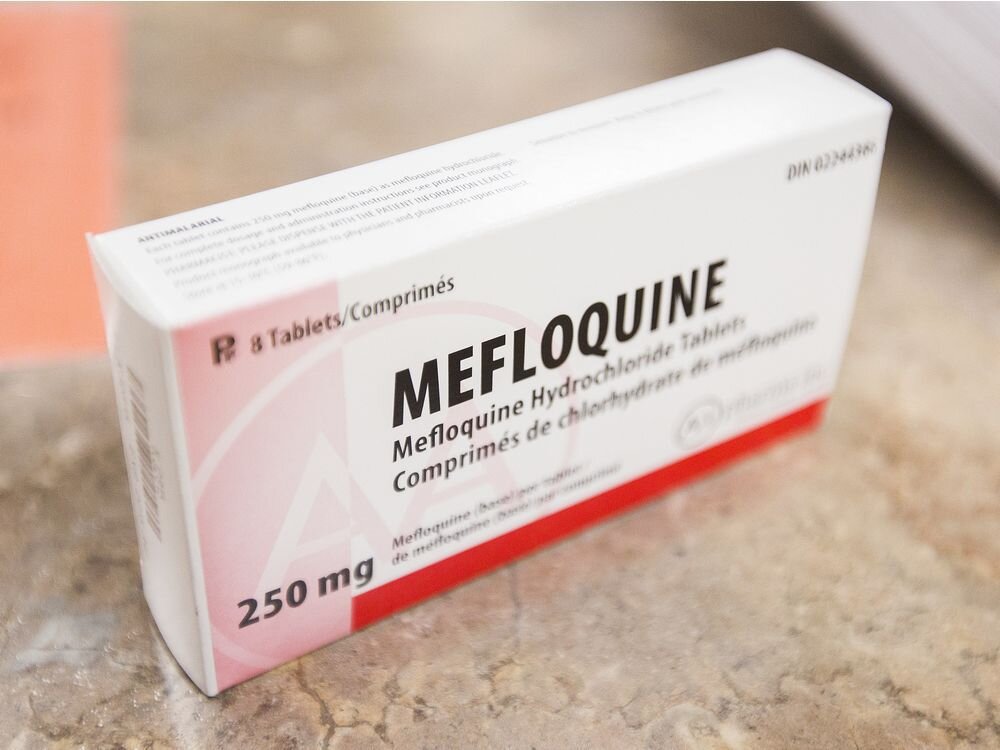Water Purification
Water should only be used for drinking if is known to be pure and safe. This also applies to water used for making ice cubes and cleaning teeth.
Travellers' Diarrhoea
Travellers' diarrhoea is spread mainly through food and water, but also from person to person and is one of the commonest health problems experienced during travel.
Food and Water Precautions
In areas of the world where sanitation and hygiene are of poor quality, food and drinking water can become contaminated with harmful organisms or toxins.
Advice for Pregnant Travellers
Pregnancy creates an altered state of health which requires practical consideration before travel.
Deep Vein Thrombosis
Long-distance travel is a risk factor in the development of blood clots.
Altitude and Travel
Travelling to destinations at high altitude can be exciting, challenging and rewarding.
Diabetes Monitoring
If you use insulin, a continuous glucose monitor or blood glucose meter then you should be aware of the issues of carrying insulin, injecting equipment, medical devices and glucose monitoring equipment during travel.
Travelling with Medicines
All travellers going overseas with medication should check if there are any restrictions on medications they intend to take prior to travel.
Malaria - Fit for travel
Country specific malaria information and malaria maps are available via Destinations.
Doxycycline
Antimalarial tablets must always be used alongside mosquito bite avoidance measures.
Atovaquone/Proguanil
Also known as Malarone, antimalarial tablets must always be used alongside mosquito bite avoidance measures.
Mosquito Bite Avoidance
Avoidance of mosquito bites should always be considered as the first line of defence against mosquito-borne infections.
Fit For Air Travel
Health considerations when flying. Airlines can refuse to carry passengers if there could be serious consequences to a passenger’s health during flight, or they have medical conditions that may worsen during a flight.
















